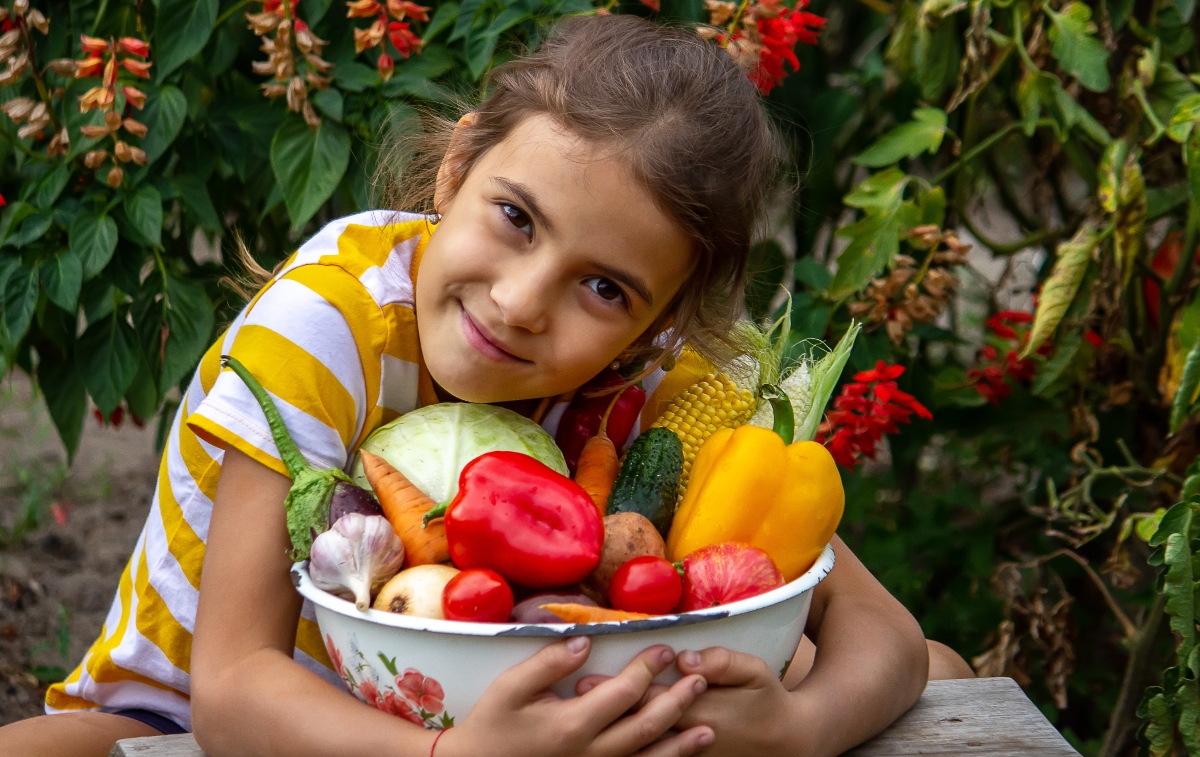Getting children to eat vegetables can be a challenge for many families, especially in the Latino community, where traditional dishes are not always loaded with vegetables.
However, there are creative and cultural ways to incorporate more vegetables in the diet of the little ones without battles at mealtime. Discover the best tricks in QuéOnnda.com!
Why the rejection of vegetables?

The rejection of vegetables is not unique to Latino children, but in our culture there may be specific factors that play a role.
Children tend to prefer foods with more intense and familiar flavors, such as tortillas, rice or beans.
In addition, according to a study by the National Institute of Health(NIH), early exposure to certain foods plays a crucial role in food preferences.
Some tricks

Make vegetables fun. Presenting vegetables in creative ways can transform the way children perceive them. For example, create “faces” with cucumbers, carrots and cherry tomatoes or make colorful kabobs.
Integrate vegetables into traditional recipes. Add spinach or shredded zucchini to the quesadillas. Incorporate carrots and squash into rice. Cook soups or stews with a variety of vegetables, such as chicken broth or noodle soup.
Getting kids to eat vegetables can be a challenge for many families
QueOnnda.com
Involve them in the kitchen. Children who are involved in food preparation are more likely to taste the food. Take your children to the market and let them choose a vegetable to cook together.
Set an example. Children imitate what they see. If they see adults enjoying vegetables, they are more likely to want to try them too.
Health benefits

Vegetables are essential for the healthy development of children.
They are full of vitamins, minerals and fiber that strengthen the immune system and prevent diseases.
According to the American Academy of Pediatrics (AAP), eating a diet rich in vegetables from an early age can reduce the risk of obesity and type 2 diabetes.
Resources for Latino parents

MyPlate en Español: Healthy eating tips tailored to Hispanic families.
American Heart Association (Spanish): Easy and nutritious recipes for kids.
SNAP-Ed Program: Free cooking and nutrition classes in many communities.























